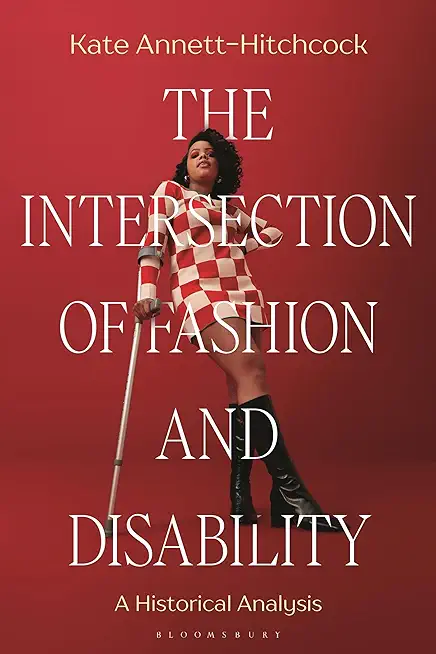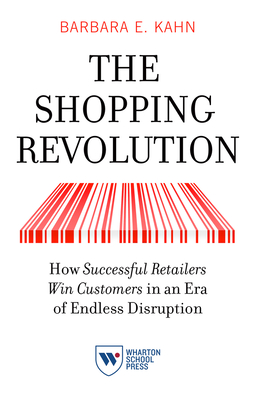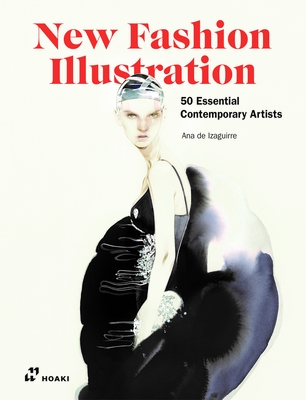
Annett-Hitchcock, Kate
product information
description
ry has been well written as it relates to people who conform to certain physical norms and cultural stereotypes, whereas the inequality in access to the world of fashion has been largely ignored. Despite this lack of coverage, much work has taken place over the centuries to enable people who live with disability to participate in fashionable culture. This book tells that story via perspectives of notable historical figures, events and movements, and continues the discourse with a look at some of the contemporary developments in clothing and fashion. The Intersection of Fashion and Disability takes the long view, from early attempts to conceal 'unsightly' bodies of royalty and nobility via creative innovation through growing contemporary awareness of inclusive fashion and how future work can be driven by technology and cultural acceptance.
member goods
No member items were found under this heading.
Return Policy
All sales are final
Shipping
No special shipping considerations available.
Shipping fees determined at checkout.







